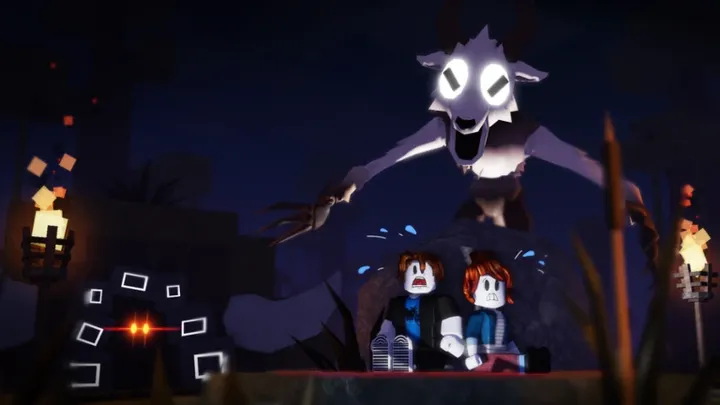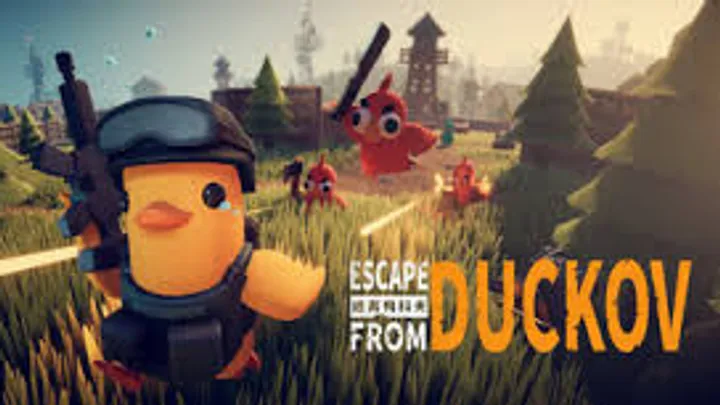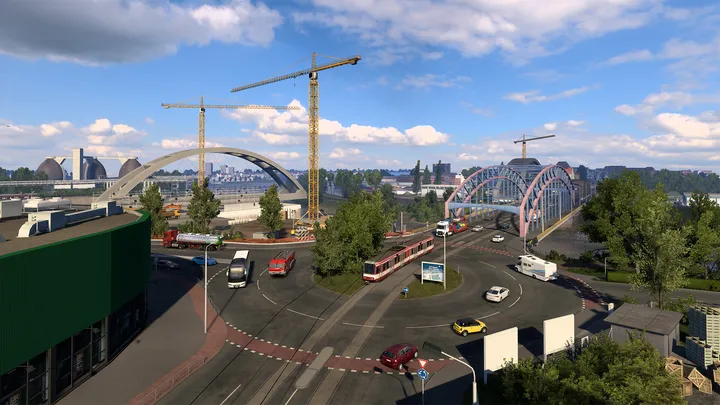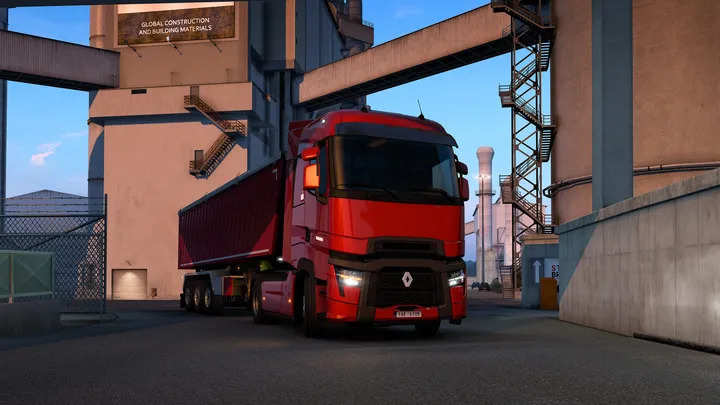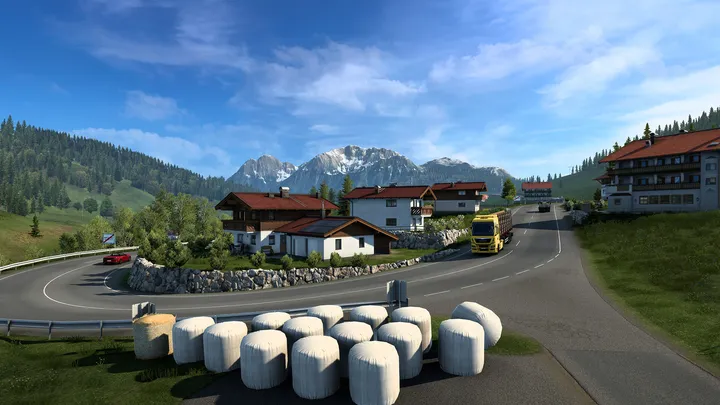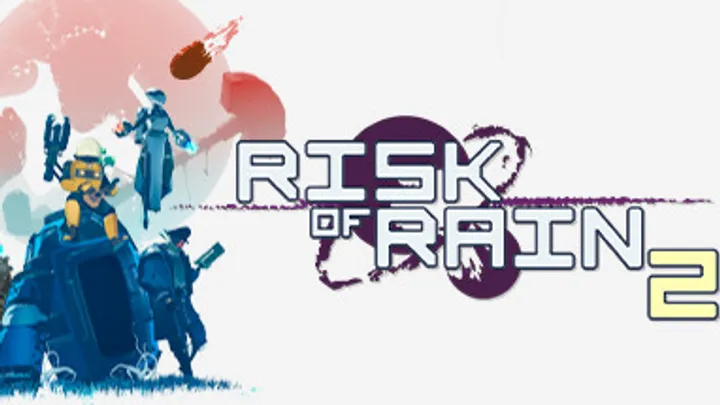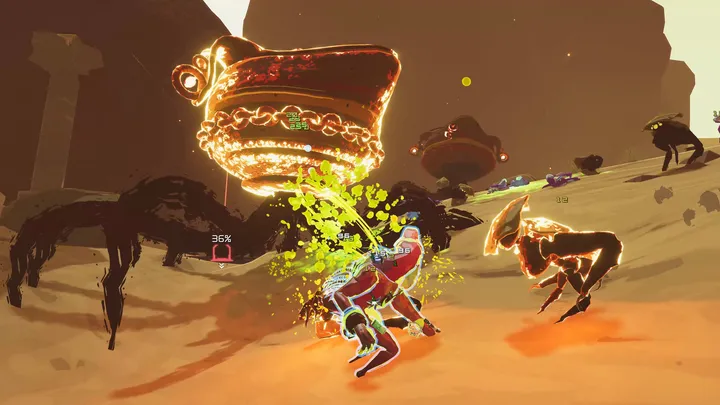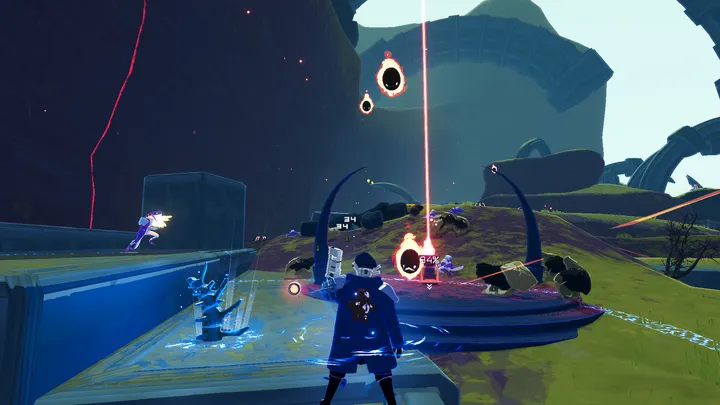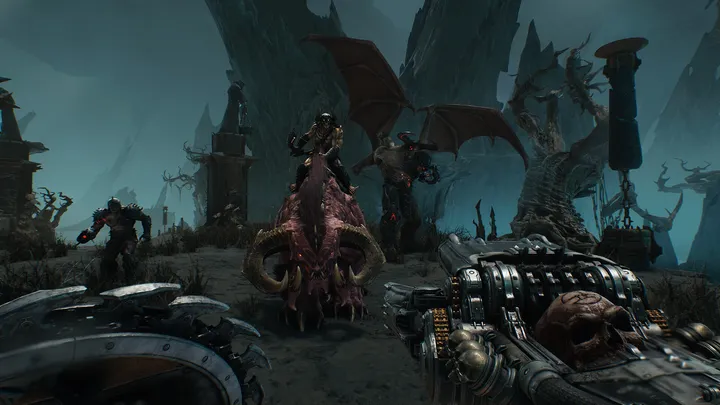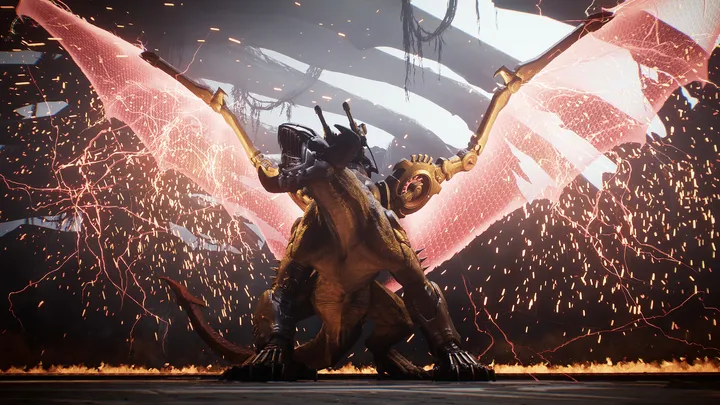From Concept to Basics
Dispatch is the first original title from AdHoc Studio — a team comprised of former developers from narrative-driven classics. The premise is refreshingly novel: instead of playing as a frontline superhero, you play as Robert Robertson III — formerly “Mecha Man,” a hero whose mech-suit was destroyed. Now, he works at the central dispatch hub for the city’s reformed villains-turned-heroes, assigning them to emergencies across town.
This shift in perspective reframes heroism: rather than superpowers or combat skills, success depends on judgment, empathy, teamwork, and sometimes — office politics. Dispatch blends workplace comedy, superhero tropes, strategy elements, and narrative drama into a package that feels equal parts fun, emotional, and surprising.
What Makes 2025’s Dispatch Stand Out
Episodic Release with Cinematic Flair
Released in October 2025, Dispatch adopts an episodic format: eight episodes released over a few weeks. Each episode combines cinematic cutscenes, sharp dialogue, and strategic dispatch-map gameplay — reminiscent of a mix between narrative-adventure games and light strategy sims. The format encourages players to stay hooked, much like a serialized TV show.
The game’s visual and audio production values help drive this feeling: polished art direction, expressive character animation, and strong voice acting from a talented cast.
Meaningful Choices & Team Management
At the heart of Dispatch lies a loop of decisions — not just in dialogue, but in resource and personnel management. Each “call-out” to emergencies requires you to assess your roster: who’s skilled for the job, who’s currently emotionally fragile, which hero might crack under pressure. Assigning the wrong hero can have serious consequences.
This system makes every choice weighty. Over time, relationships evolve — trust, grudges, betrayal, camaraderie — all shaping not just the outcomes of missions, but the broader narrative arc. It’s not always about punching a villain; sometimes it’s about whether you believe someone deserves redemption or simply a second chance.
Humor, Heart, and Subversion of Tropes
While Dispatch deals in superhero themes, it doesn’t shy away from introspection or satire. The game has a sharp sense of humor, often poking fun at capes, villain rehab, and hero media headlines. At the same time, it offers genuine emotional beats: heroes struggling with past mistakes, moral ambiguity, and existential questions about what it means to be “good.”
This balance between comedy and sincerity has resonated with players. Many praise Dispatch as more than a gimmick — as a game that asks questions about redemption, heroism, and human flaws.
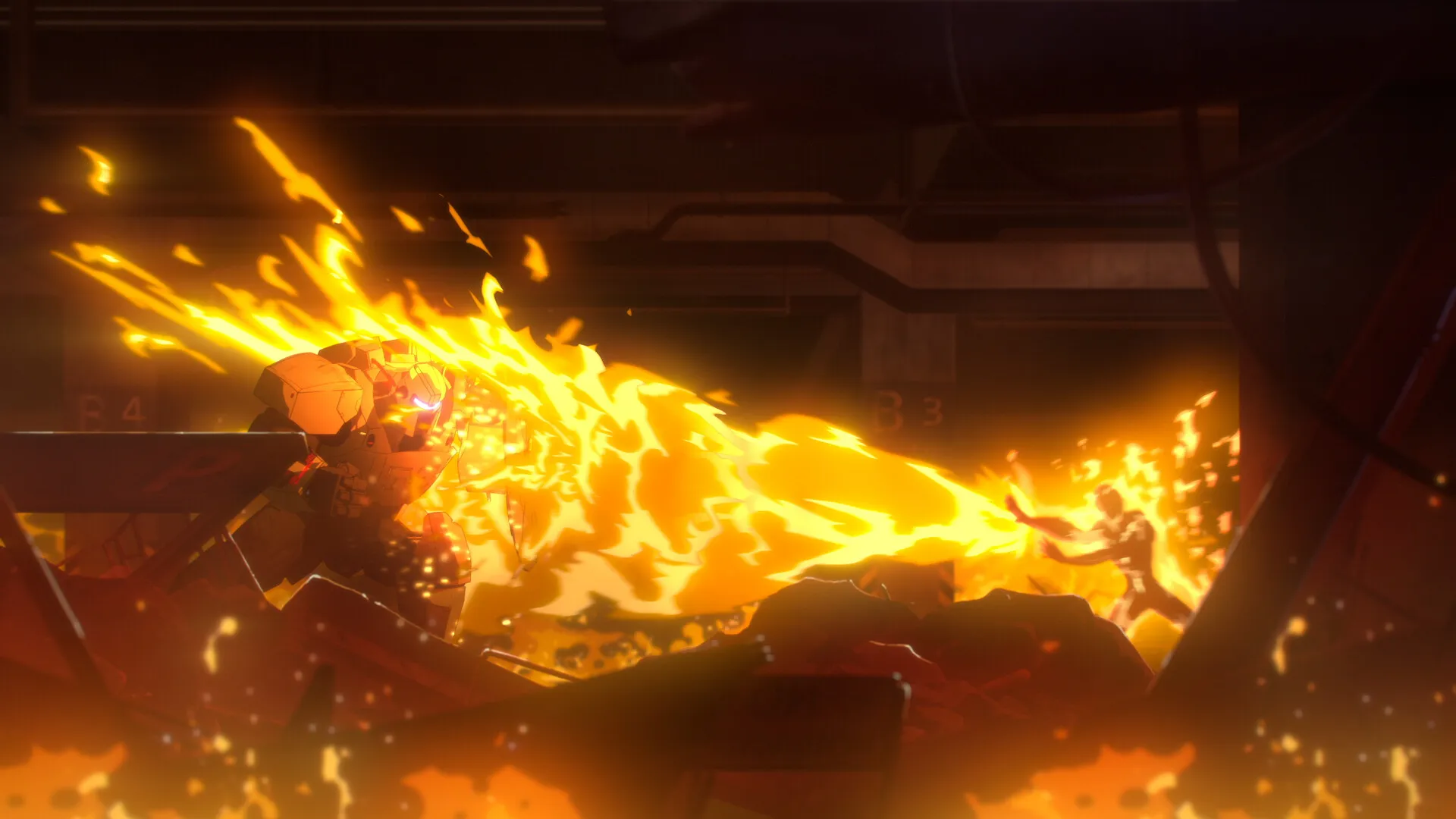
Initial Impact: Sales & Reception
Dispatch’s launch was a surprise success. Within just ten days, the game sold over one million copies worldwide — a remarkable feat for an indie narrative title, particularly one still releasing episodically. Critics and players alike praised its writing, acting, humor, and emotional depth. User reviews consistently highlight the game’s heart and replayability as strengths.
The Mechanics Behind Hero Dispatch
While narrative and characters are central, Dispatch doesn’t neglect systems. The “dispatch-map” mechanic lets you review active emergencies — from bank heists to mutant outbreaks — and choose which hero to send based on their skills, current morale, and interpersonal issues. As the dispatcher, you also juggle roster fatigue, emotional baggage, and hero quirks. These layers add strategic depth: sending a burnt-out hero into a high-risk mission can backfire.
Between crises, players navigate office life — breakroom gossip, scheduling conflicts, hero rivalries. Dialogue choices influence relationships, loyalty, and even story branches. It’s a subtle but effective simulation of leadership and the human element behind the “save the world” façade.
The Risks — What Doesn’t Always Work
Dispatch has drawn some criticism. For players expecting action-heavy gameplay or deep player-controlled combat, the experience may feel light. The core gameplay loop — dispatch, watch scenes play out, make decisions — can feel repetitive to those seeking more interactivity.
Moreover, the episodic model, while engaging, demands patience; some players reported that the pacing felt slow at times, especially during early episodes. Since the outcomes depend heavily on past decisions, players must be willing to invest in both story and emotional weight to appreciate the full experience.
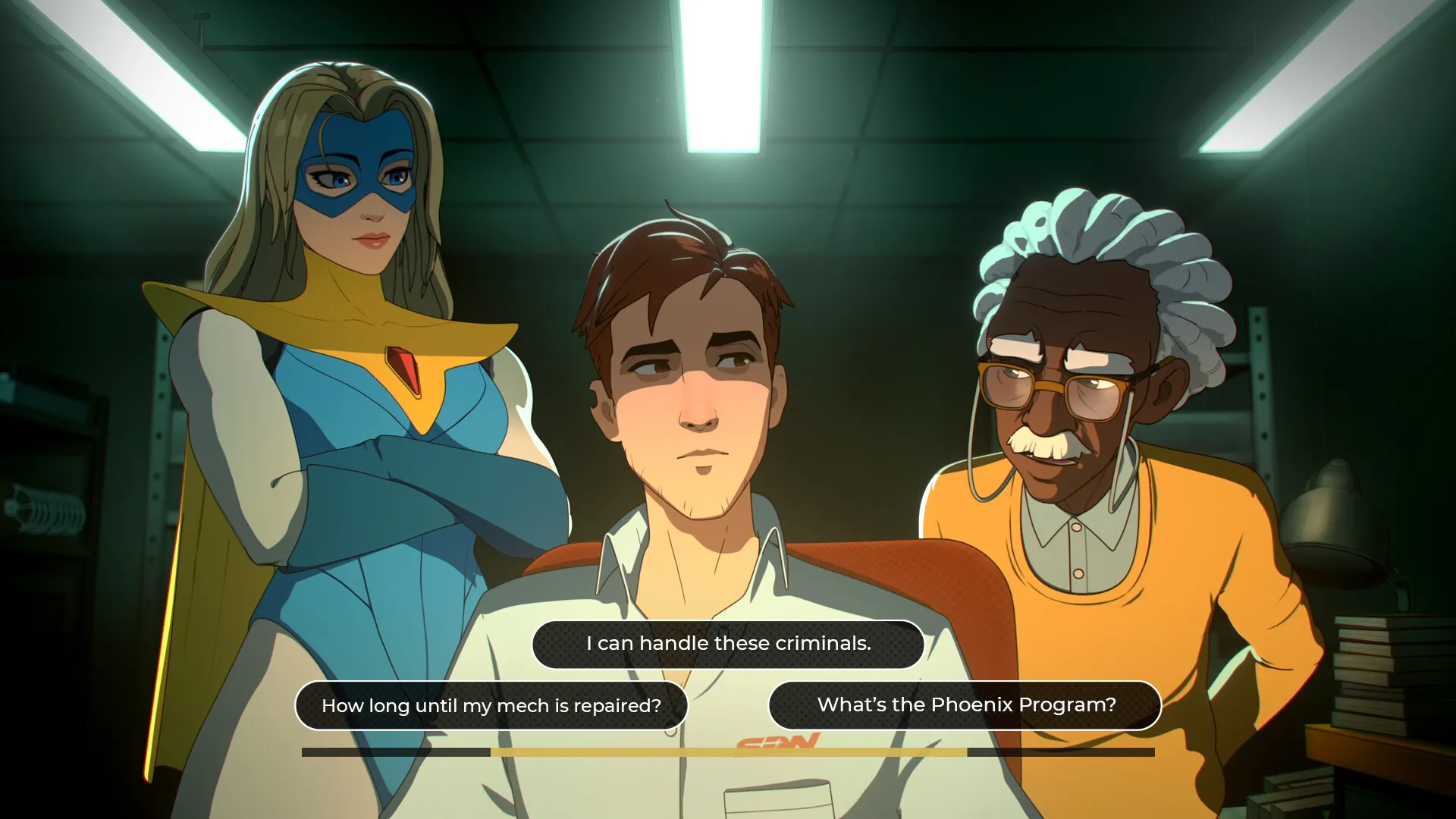
Why Dispatch Matters for 2025 & Beyond
Dispatch’s success in 2025 suggests that there’s still hunger for story-driven games that treat choices, character, and nuance seriously — even in a market saturated with high-action shooters. By coupling superhero tropes with office comedy and human drama, it taps into both nostalgia and novelty.
It proves that a game doesn’t need massive budgets, open-world engines, or realistic combat to make an impact — a clever concept, strong writing, and meaningful player agency can be enough.
What’s Next? Season 2 and Future Possibilities
Given its commercial and critical success, a second season for Dispatch is already being considered. Developers have hinted at further story arcs, more complex hero backstories, and branching paths influenced by community feedback.
Beyond story, there’s potential for expanded gameplay — perhaps more complex dispatch scenarios, deeper hero customization, or even branching “choose-your-team” paths where player decisions drastically change available missions or character dynamics.
There’s also hope for ports to other platforms beyond PC and PS5 — which could broaden the audience and cement Dispatch’s place as a modern classic.
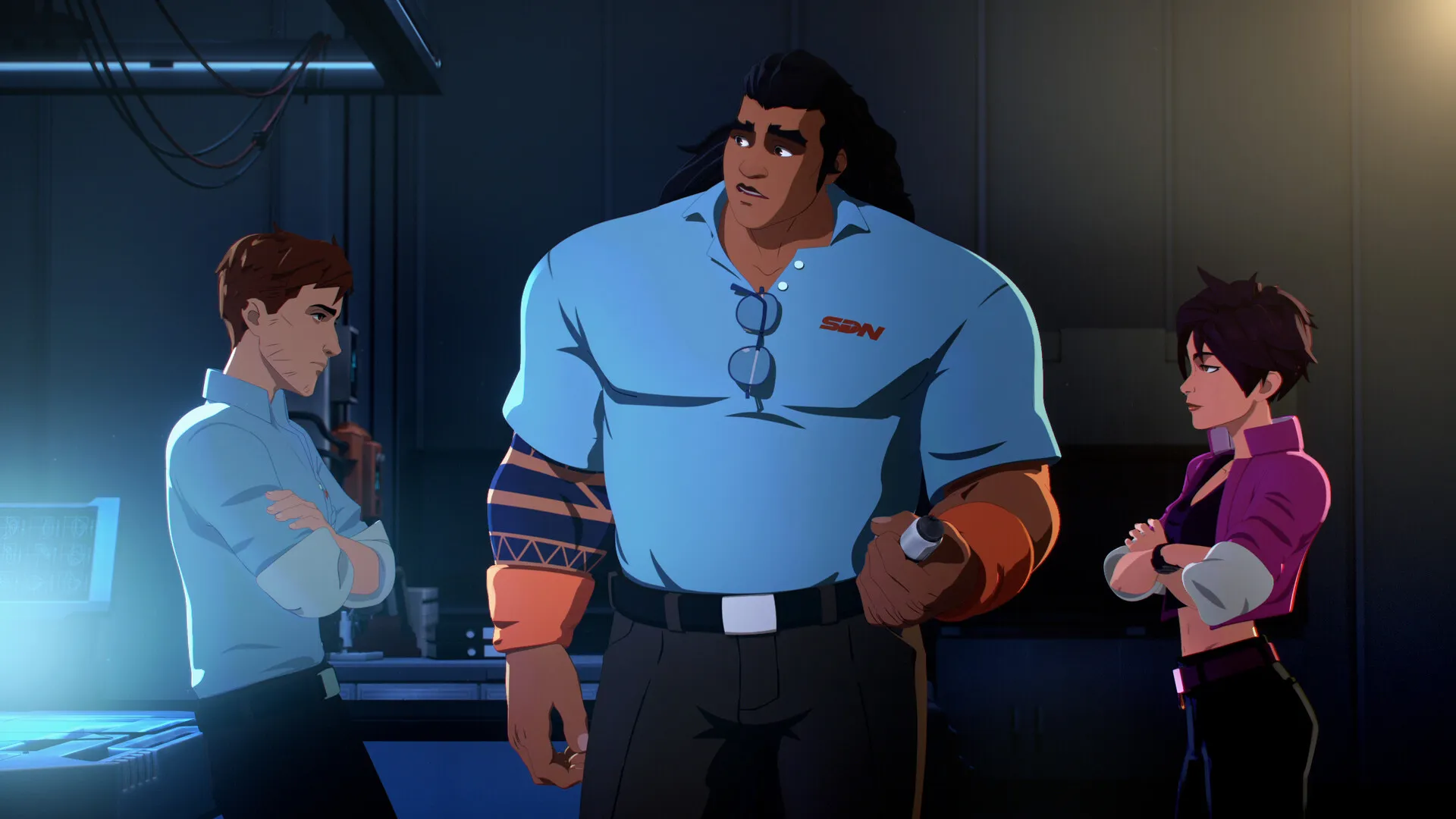
Conclusion
Dispatch 2025 stands as a strong reminder that great games don’t always need giant budgets or blockbuster mechanics. Sometimes, the most impactful stories happen in the small moments: behind a dispatch desk, between flawed heroes, in the quiet before chaos erupts.
By blending comedy, drama, strategy, and human complexity, Dispatch has carved out a unique niche — proving that the superhero genre still holds surprises, even when capes are replaced with cubicles. Its success shows that heart, humor, and thoughtful design can still captivate players worldwide.
